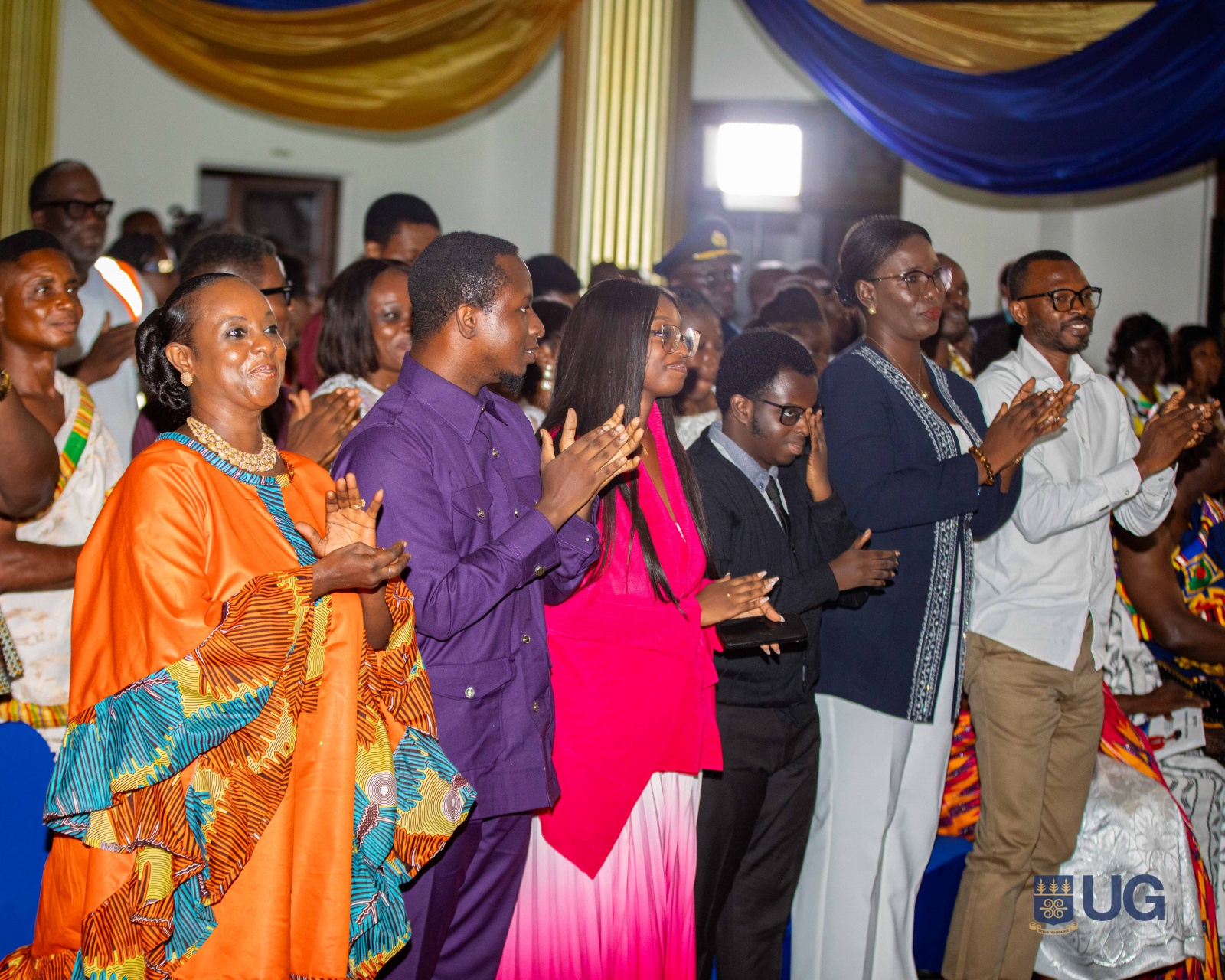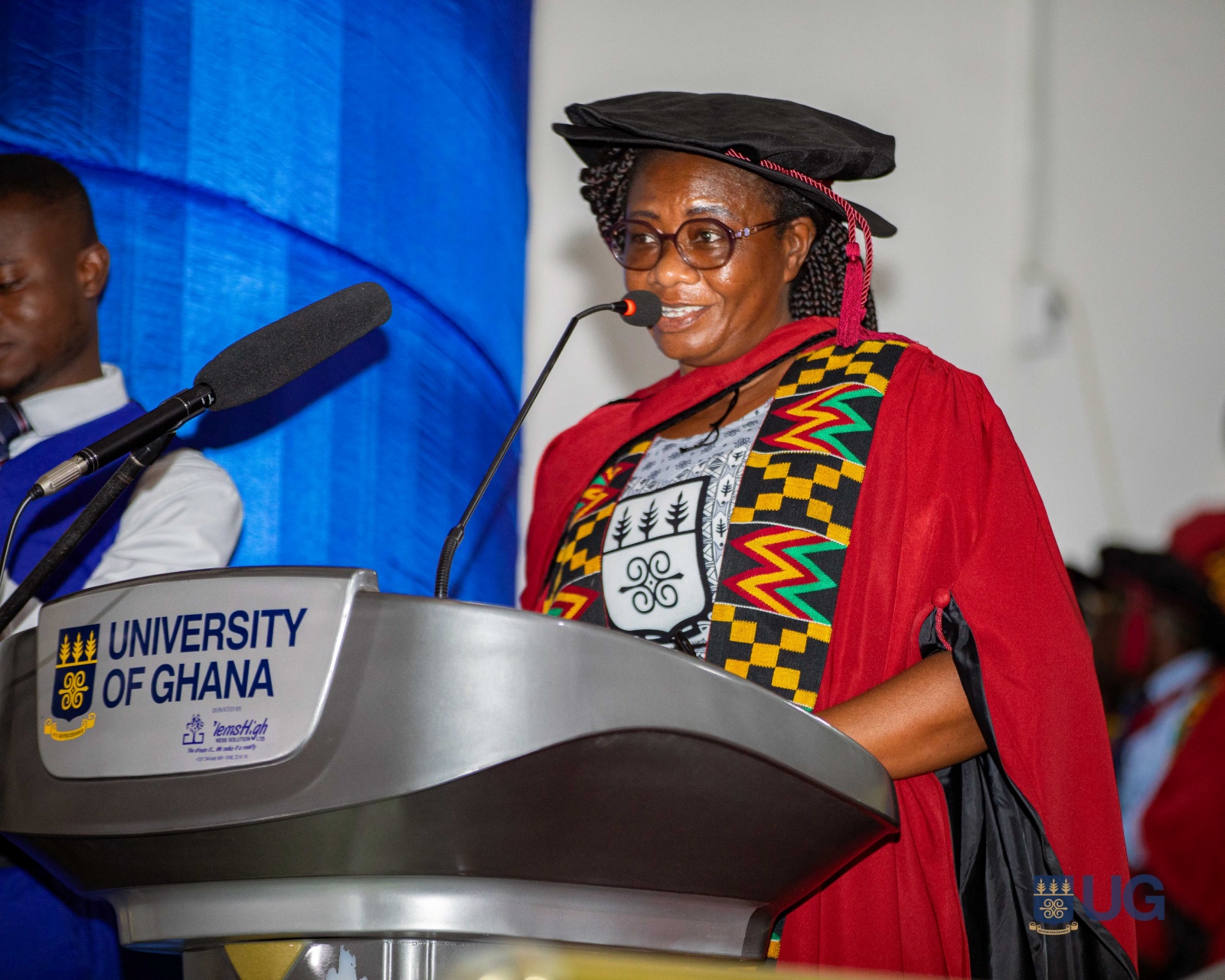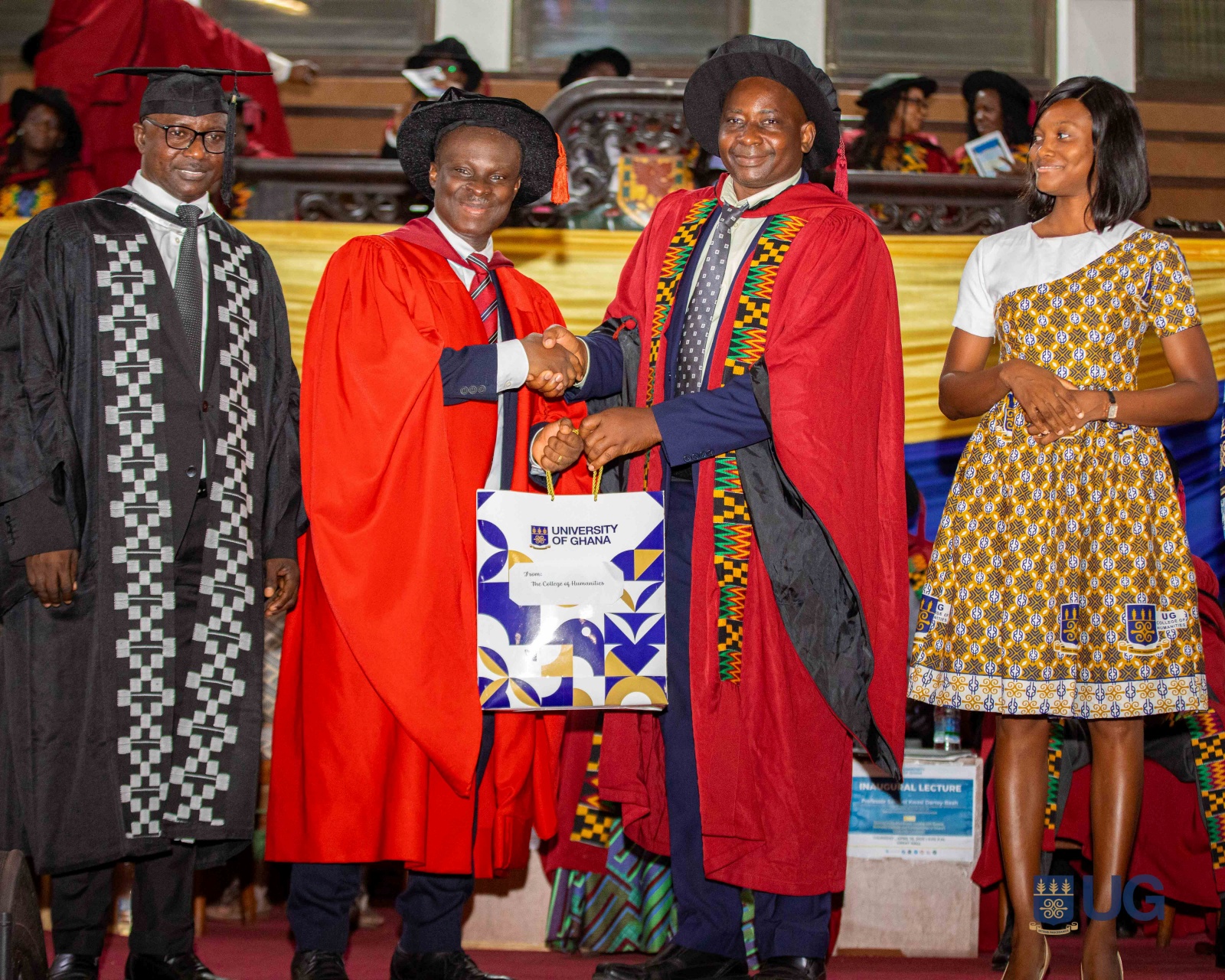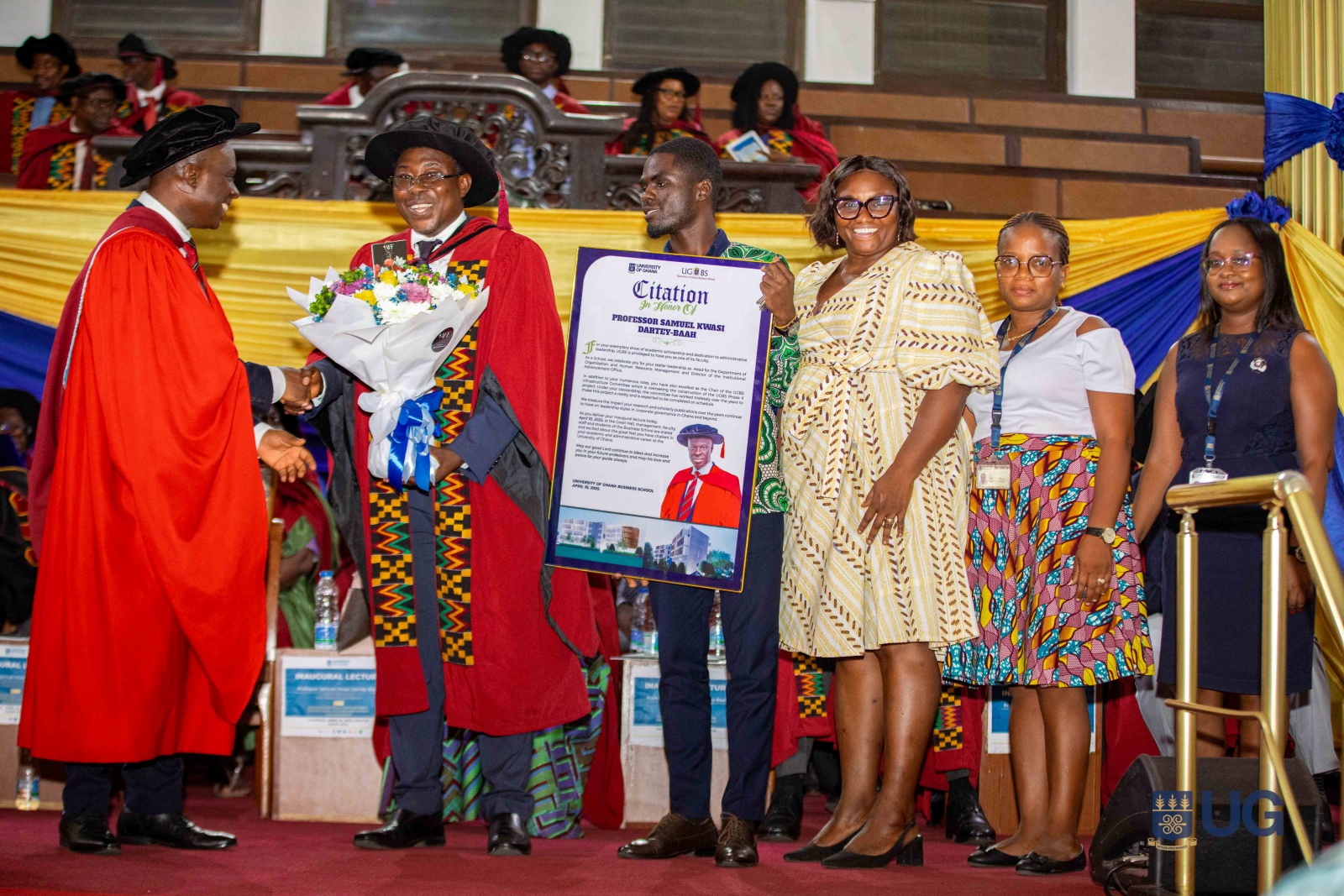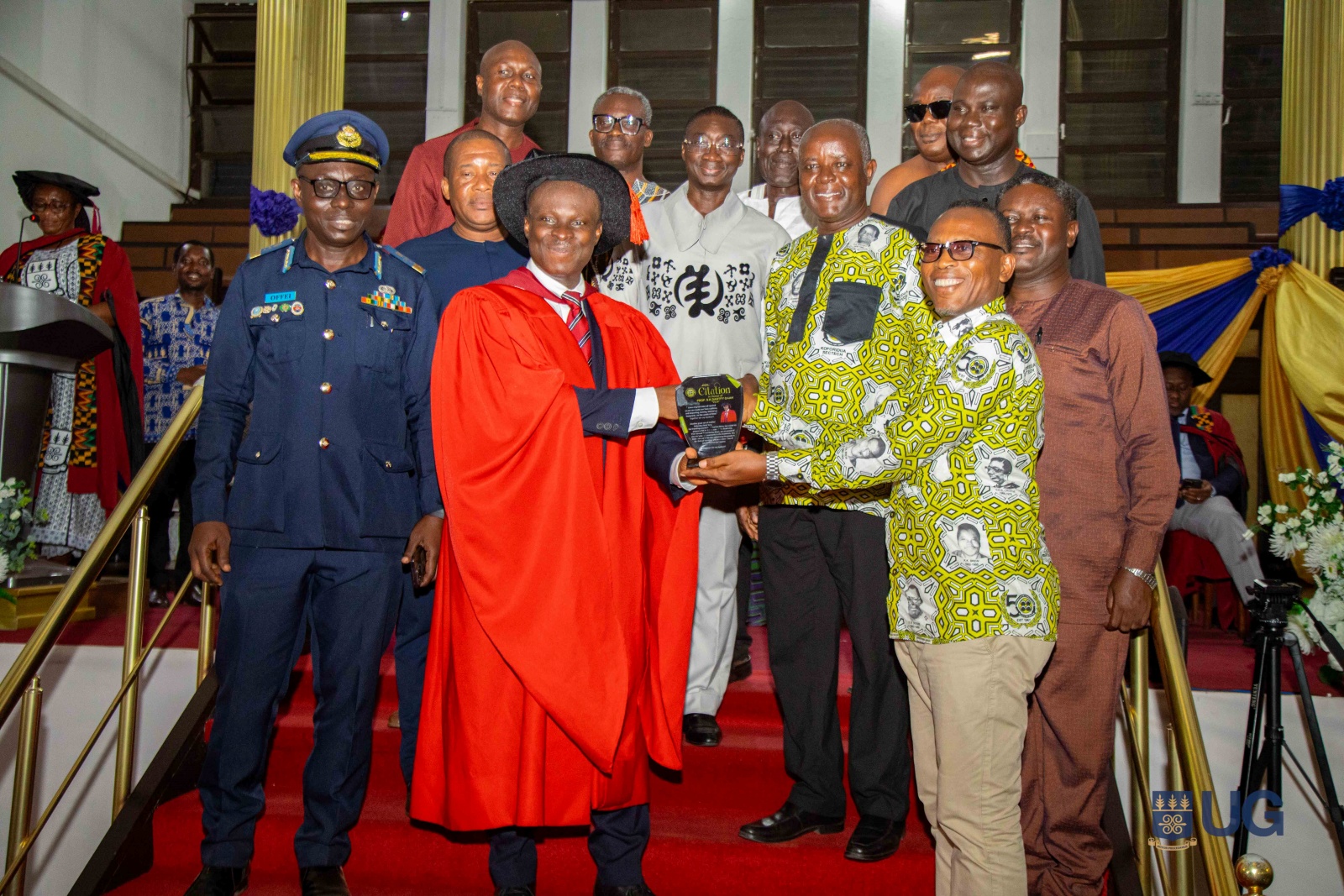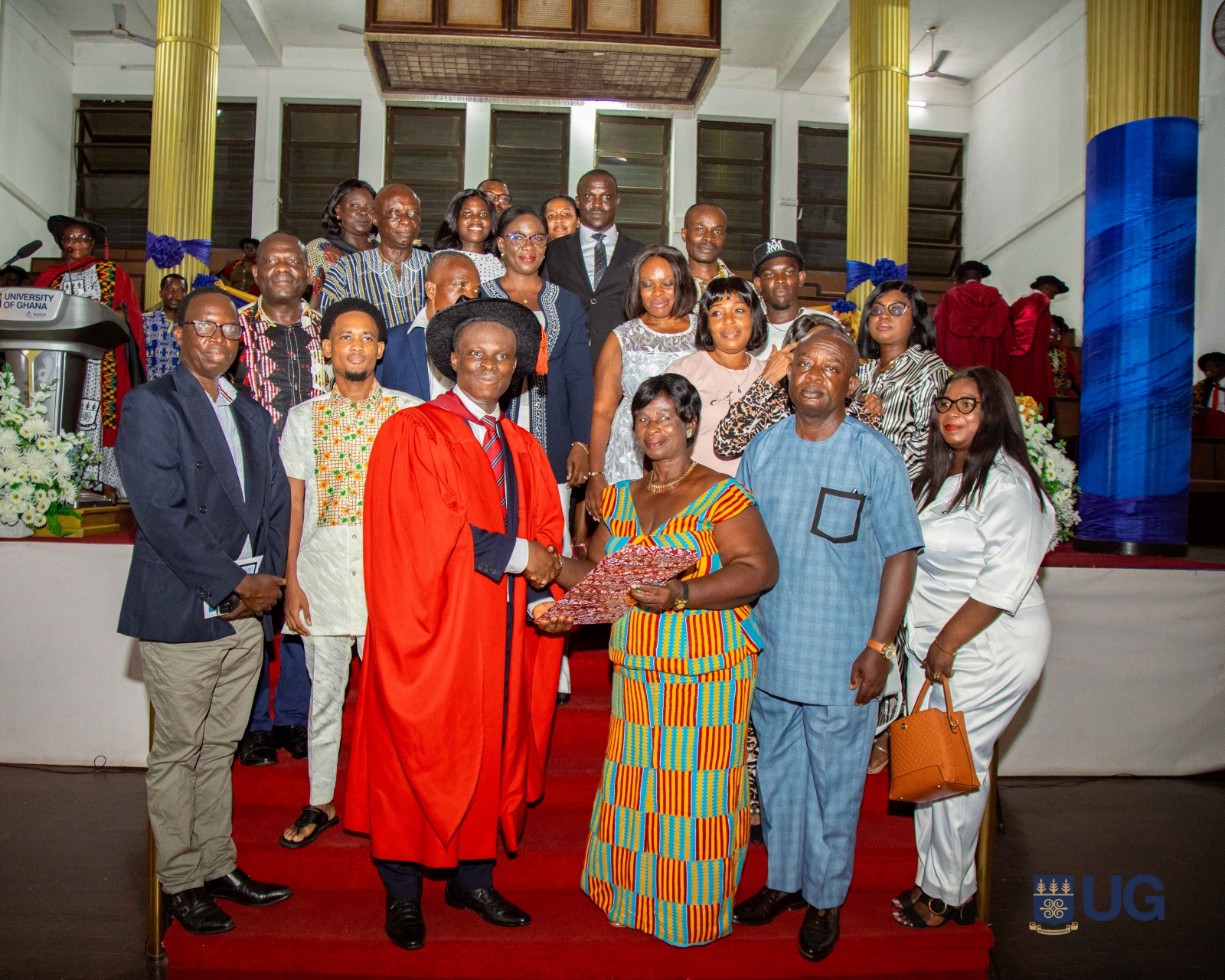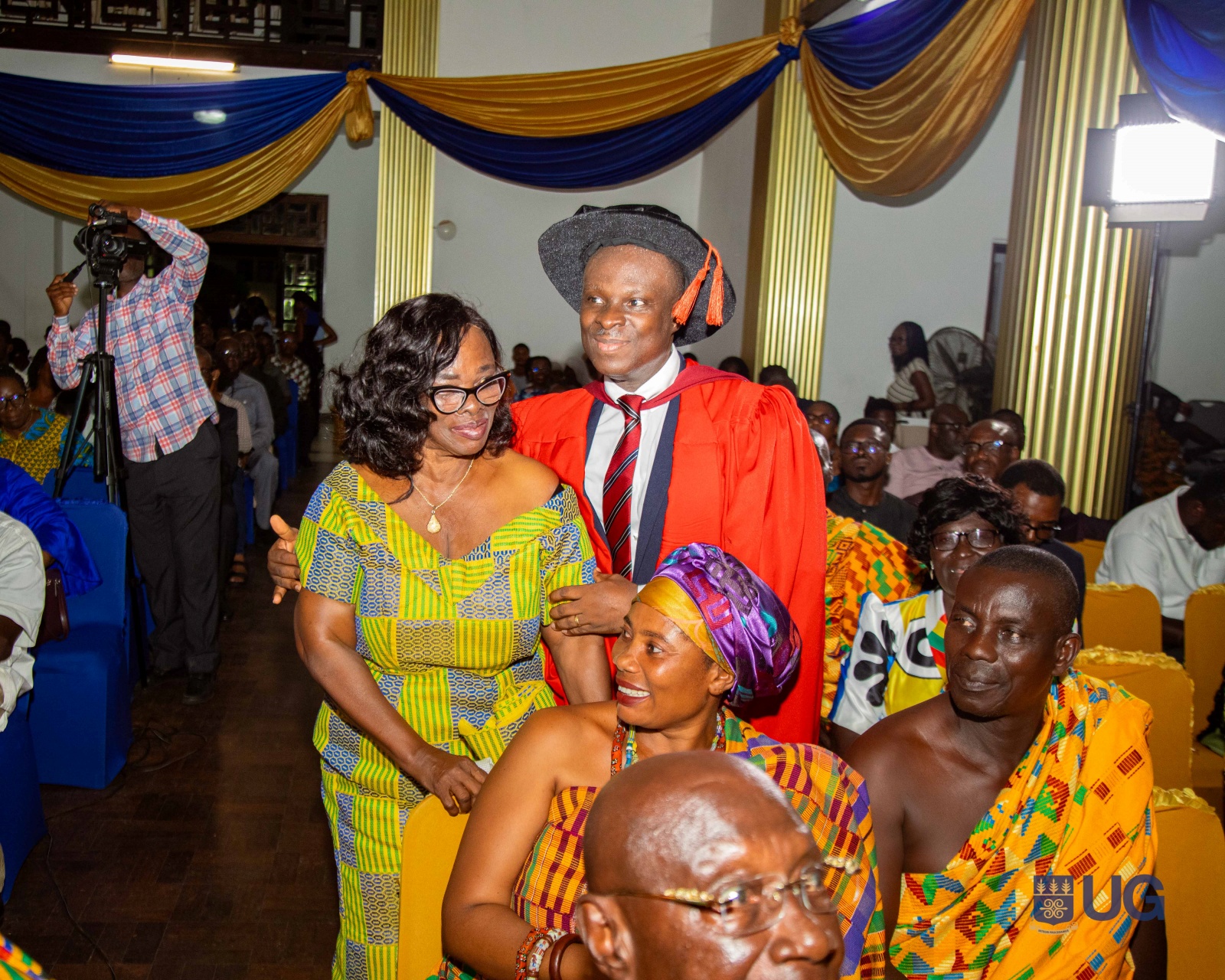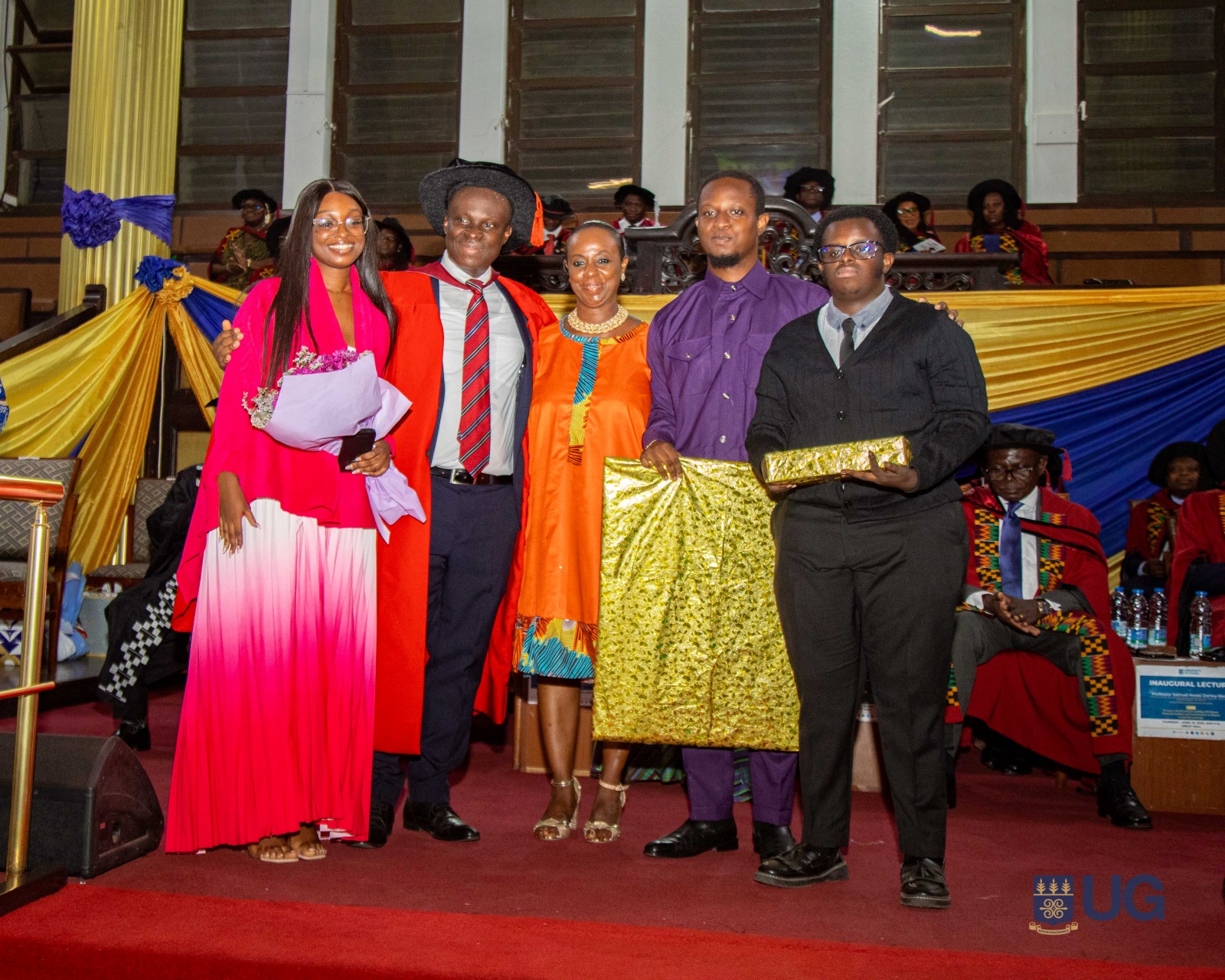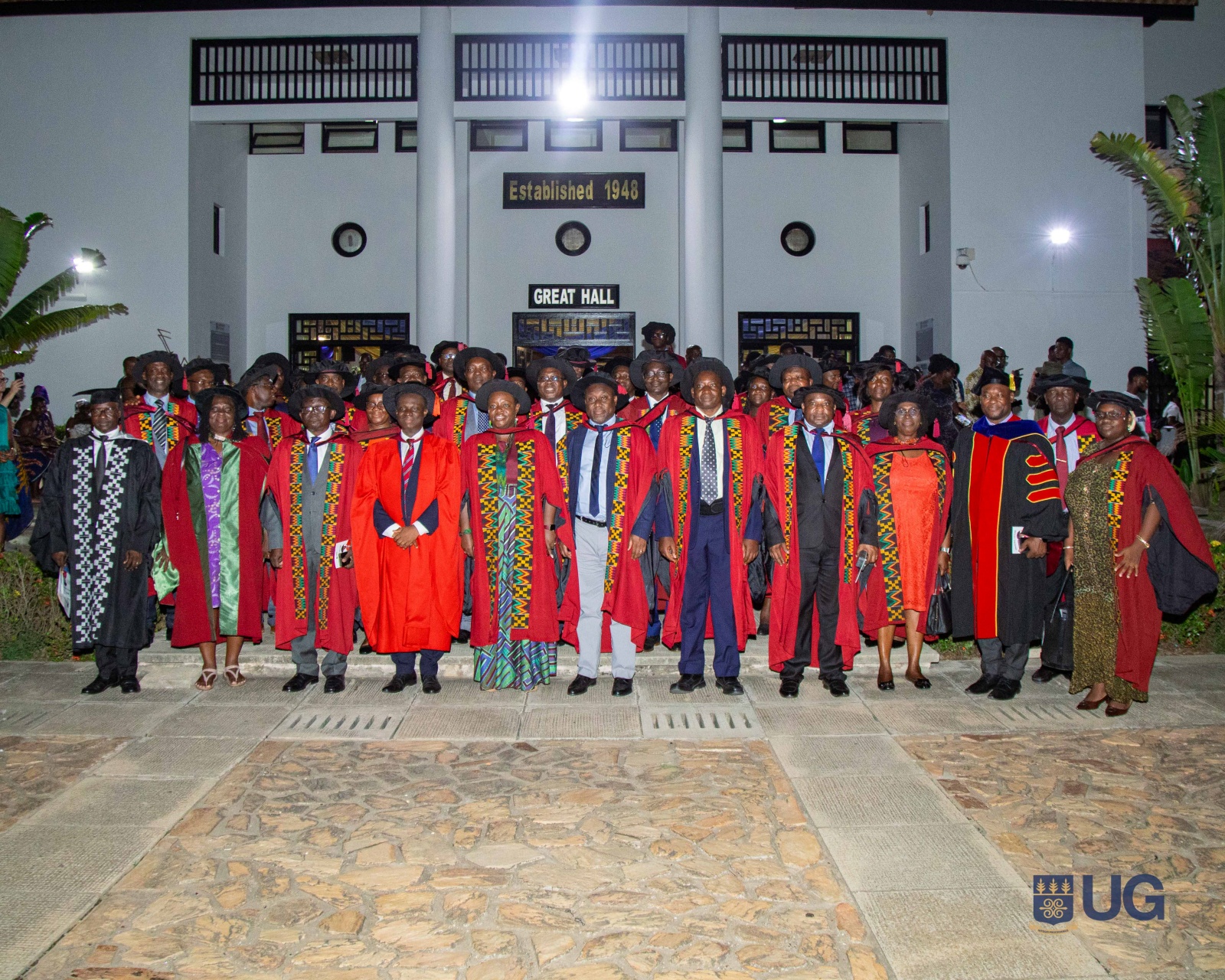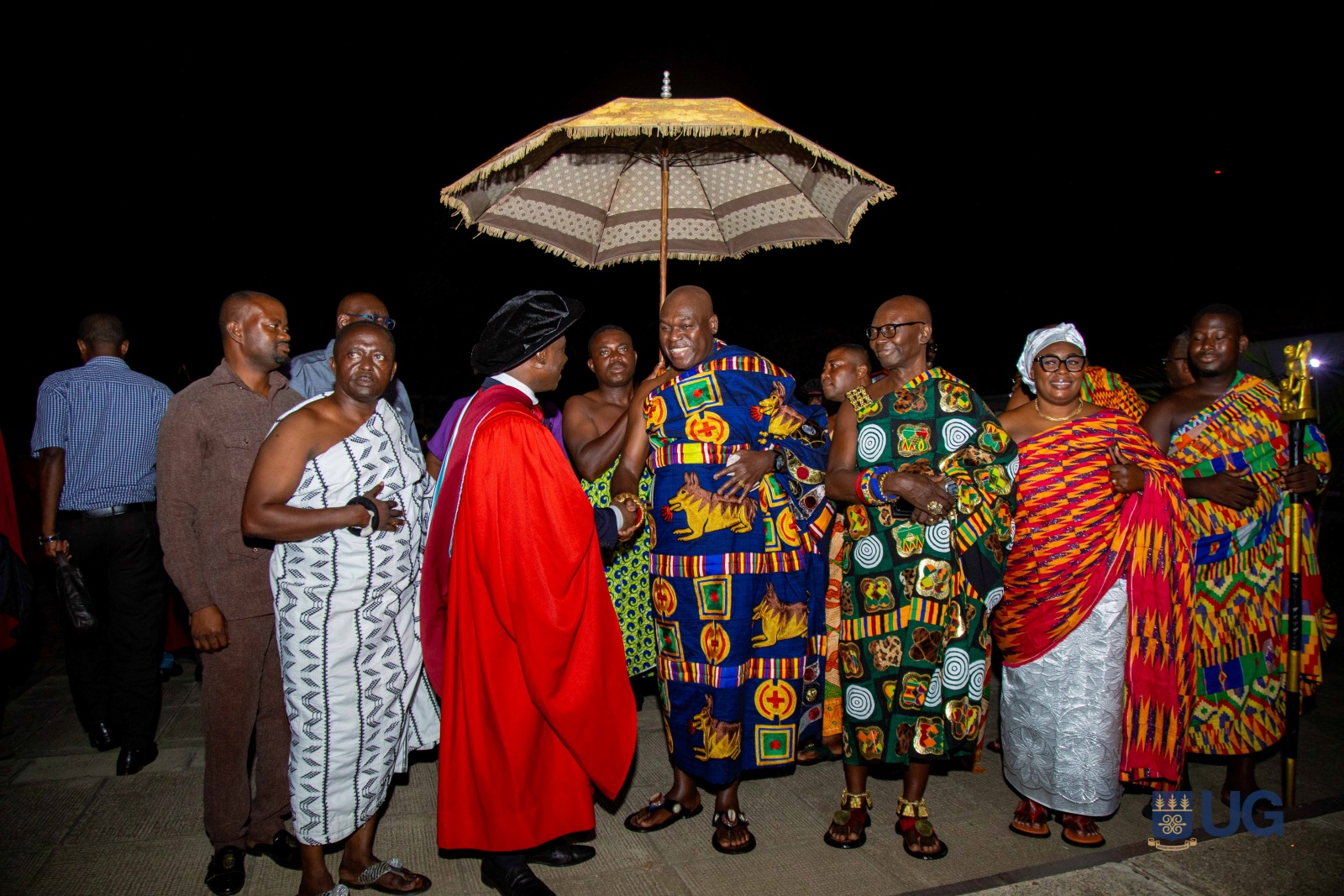Professor of Leadership Makes Case for Authentic, Culturally-Grounded Leadership - Calls for Balance Between Tradition and Transformation in Ghana’s Leadership Landscape
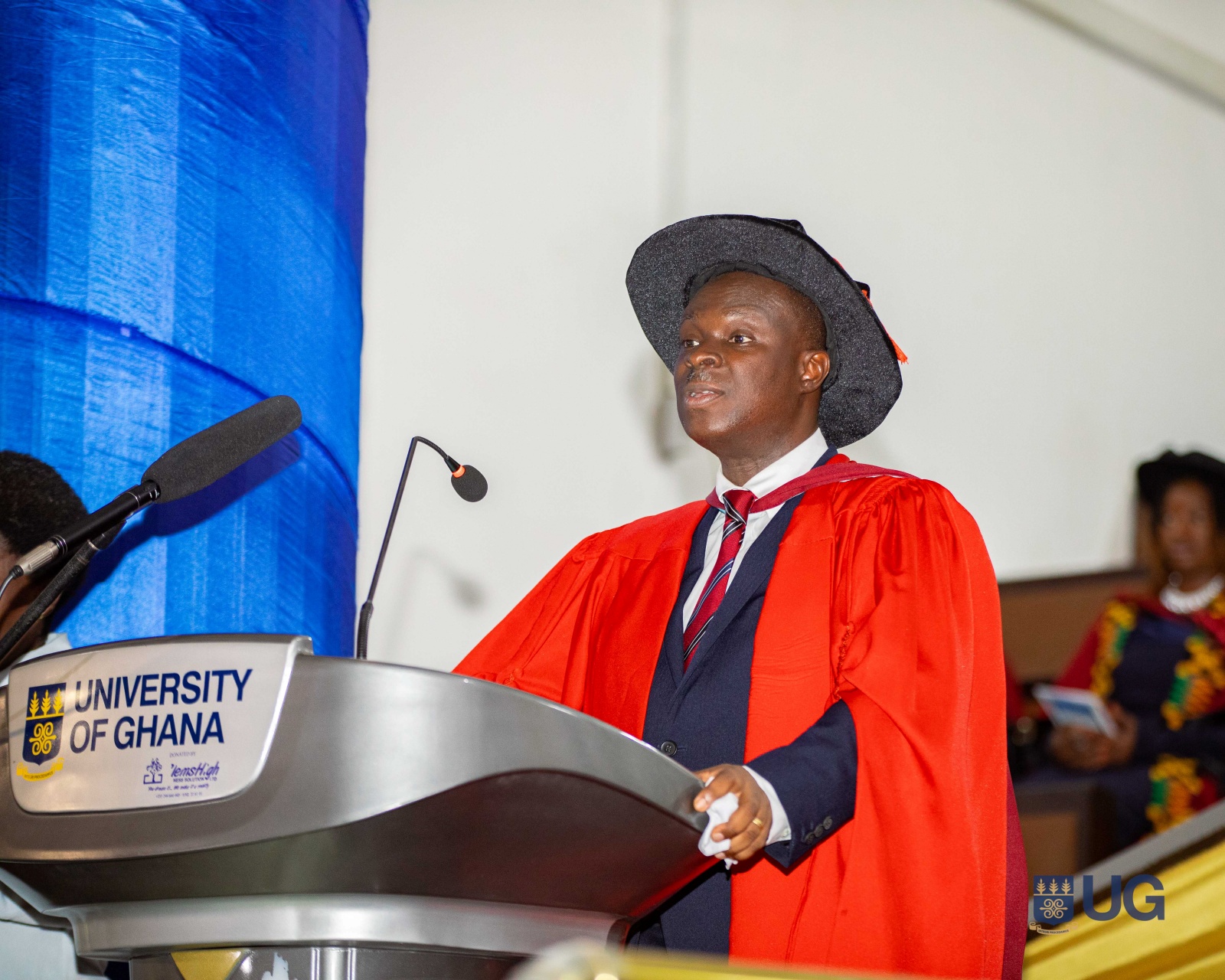
A Professor of Leadership and Organisational Development at the University of Ghana Business School has revealed that effective leadership in Ghana must blend cultural rootedness with innovation and emotional intelligence to remain relevant in a fast-changing world.
Delivering a compelling and metaphor-rich inaugural lecture on Thursday, April 10, 2025, Prof. Dartey-Baah, who doubles as the Director of the University’s Institutional Advancement Directorate, called on Ghanaian leaders to “dance with groove,” that is, to lead with rhythm, adaptability, empathy and vision while staying grounded in tradition.
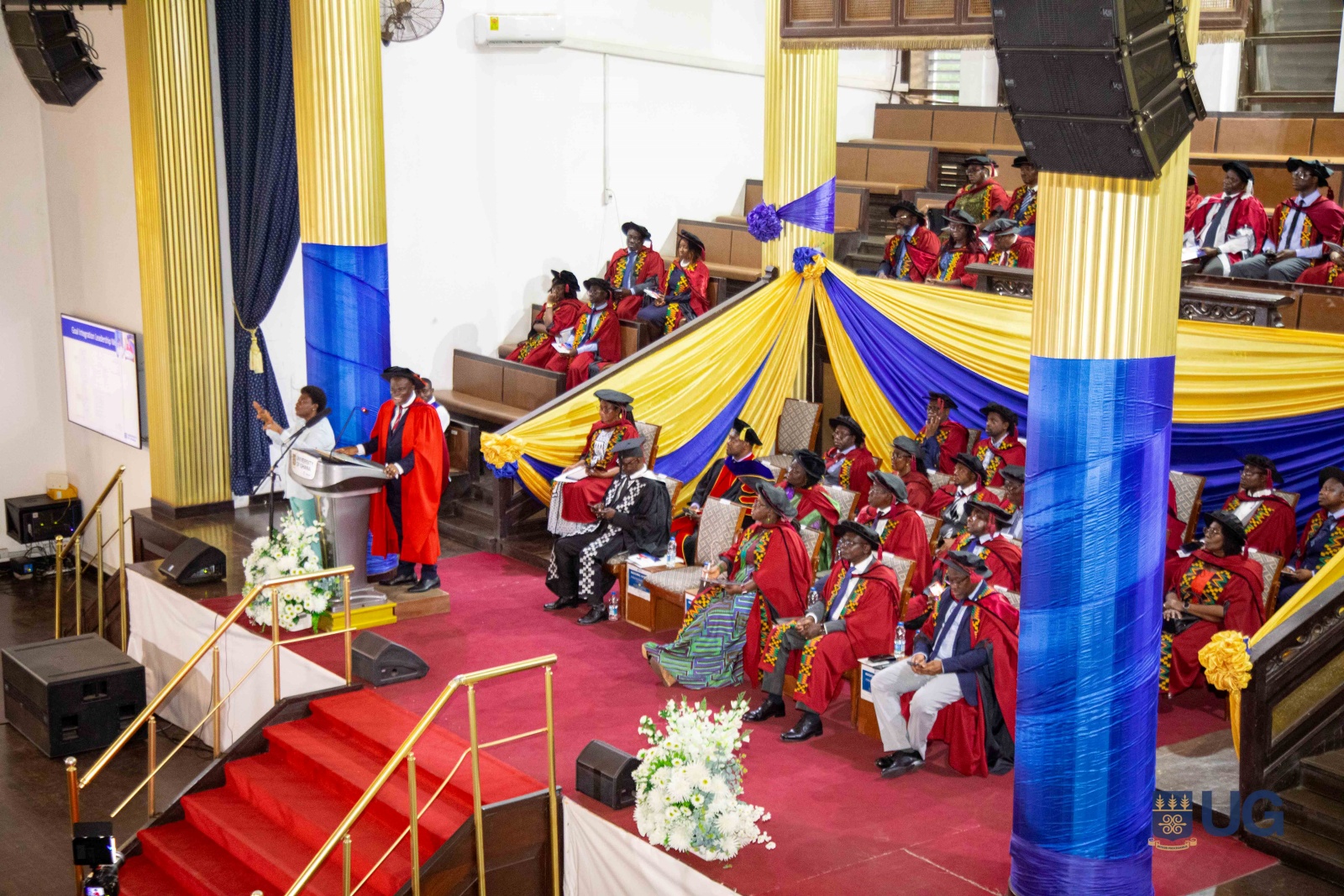
The lecture, titled “Dancing in the Boardroom: Leading with Groove, Balancing Tradition and Transformation in Ghana’s Leadership Landscape,” attracted a diverse audience comprising senior university officials, traditional rulers, clergy, business leaders, students and members of the diplomatic corps.
“Leadership, much like dancing, requires rhythm, adaptability and an intuitive connection to the environment,” Prof. Dartey-Baah said. “Just as dancers move in harmony with their partners, leaders must navigate changing tempos, adjusting to both internal and external forces.”
He noted that Ghana’s leadership landscape is uniquely situated at the intersection of deeply rooted cultural traditions and the accelerating demands of globalisation and innovation. “Ghana’s leadership today faces the challenge of preserving its cultural heritage while adapting to modern governance,” he stated. “We must lead with groove, combining authenticity, emotional intelligence and strategic vision.”
Drawing on decades of academic research and practical experience, Prof. Dartey-Baah explored how authentic leadership, emotional intelligence and cultural sensitivity are essential traits for today’s leaders.
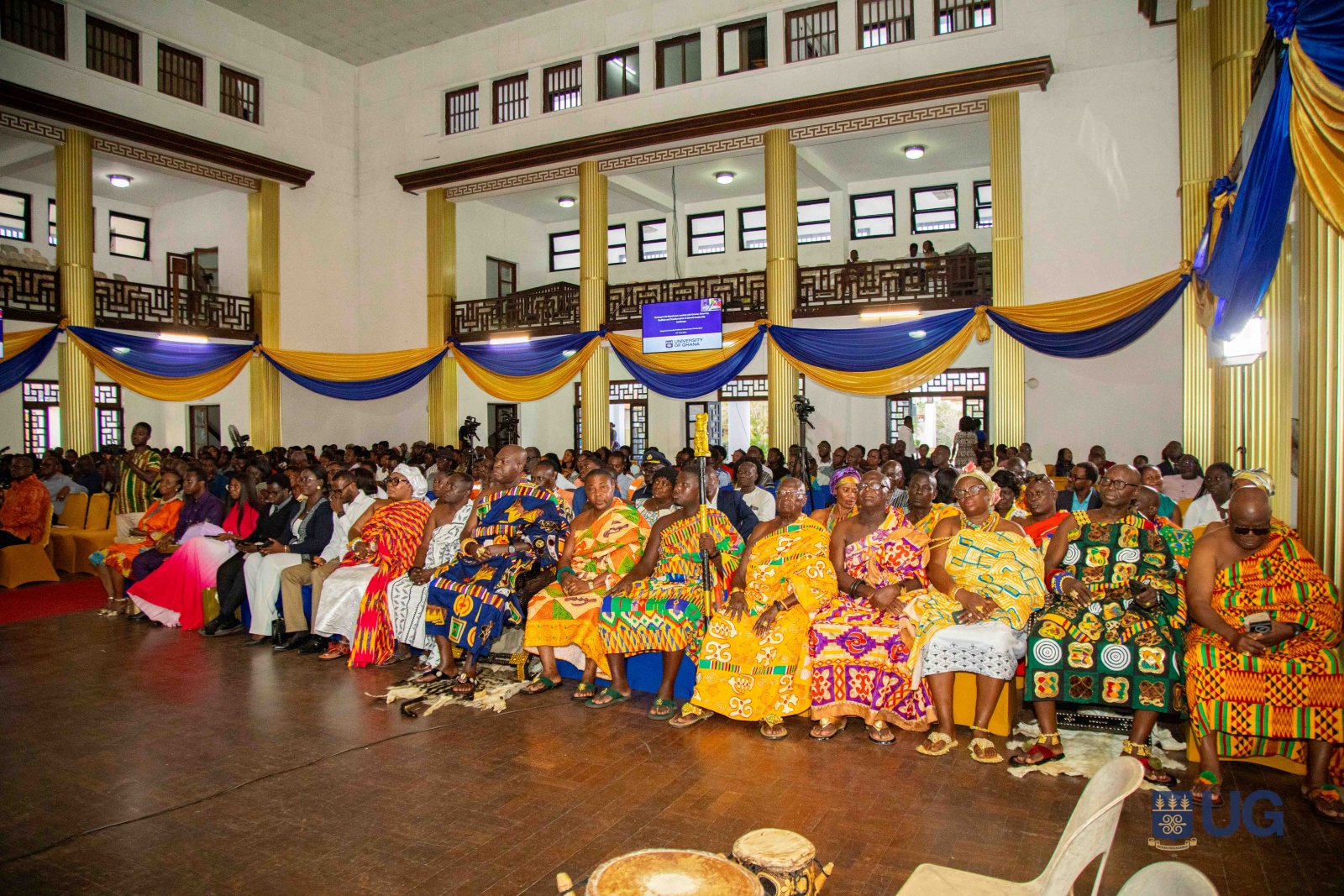
He warned that organisational politics, favouritism and power struggles threaten collaboration and productivity. “Organisational politics can break the rhythm of leadership,” Prof. Dartey-Baah cautioned. “Leaders must rise above internal politics and create environments of fairness, inclusiveness and trust.”
Prof. Dartey-Baah also introduced the concept of “Transfor-sactional Leadership,” a globally recognised theory he developed, that blends transformational and transactional leadership styles to build resilient, adaptable organisations capable of navigating change while maintaining structure.
In offering a pathway for improvement, Prof. Dartey-Baah made several policy recommendations, including the establishment of a National Traditional Leaders Council to promote structured dialogue between political and traditional authorities.
He also advocated for curriculum reforms to integrate leadership education with cultural values, the development of collaborative frameworks to combat illegal mining (galamsey) and the need to empower young people through innovation and entrepreneurship.
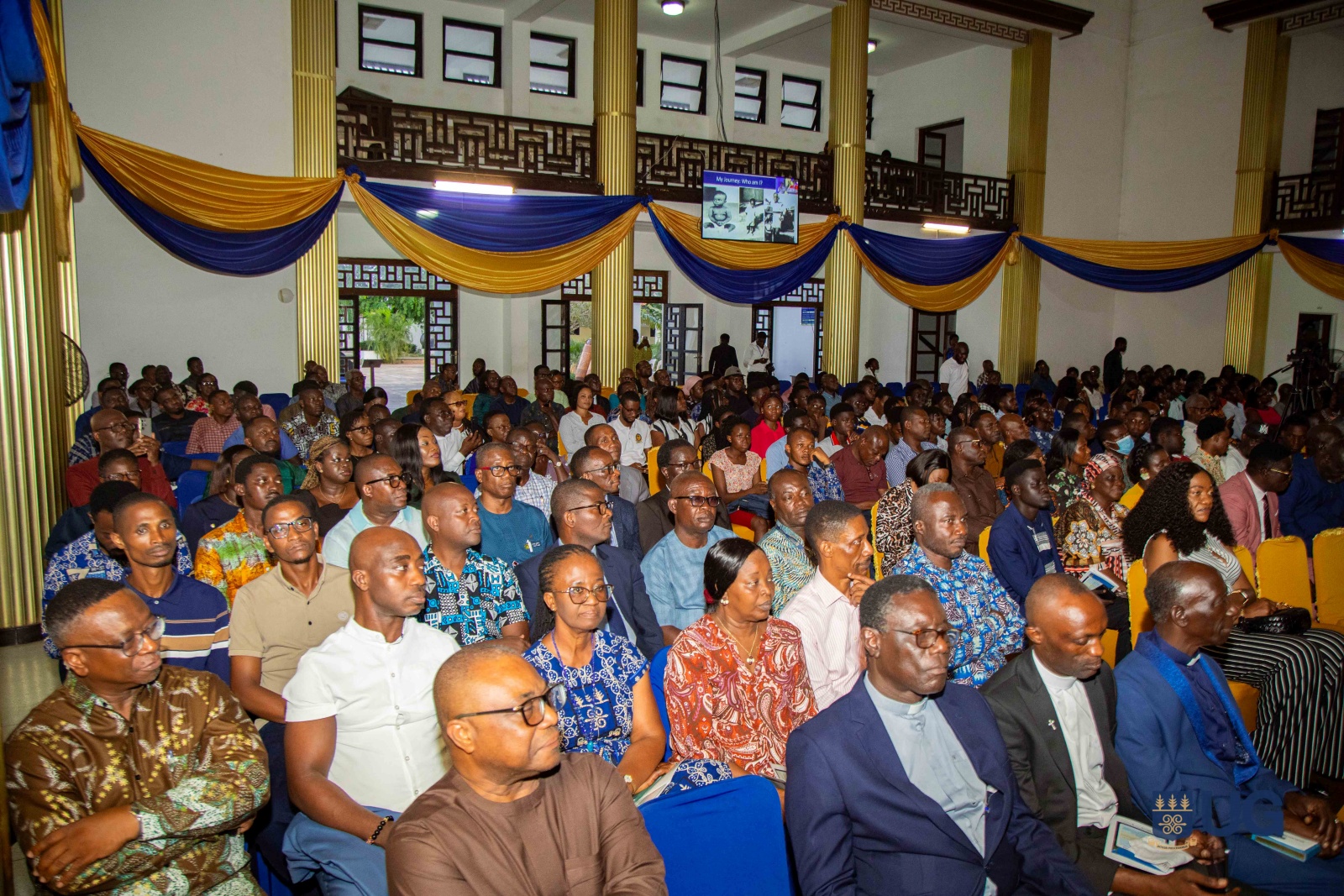
Additionally, Prof. Dartey-Baah urged corporate leaders to align their Corporate Social Responsibility (CSR) efforts with the values of the communities they serve, promoting inclusive growth and sustainable development. “We must invest in leadership development that blends tradition with transformation. Our future leaders need vision, cultural grounding, and the ability to respond to global demands,” he noted.
In an emotional moment, Prof. Dartey-Baah extended heartfelt gratitude to individuals who had supported his academic and personal journey. He acknowledged his mother, mentors, university leaders past and present close friends, traditional leaders from the Akuapem traditional area, members of the clergy and his immediate family.
In concluding his lecture, Prof. Dartey-Baah said “Leadership is a dance, and we must all learn to groove with purpose, unity and compassion. Every movement matters and every voice must count.”
Vice-Chancellor Prof. Nana Aba Appiah Amfo, who served as Chairperson for the occasion, commended Prof. Dartey-Baah for his immense contributions to academia, leadership theory and institutional advancement at the University.
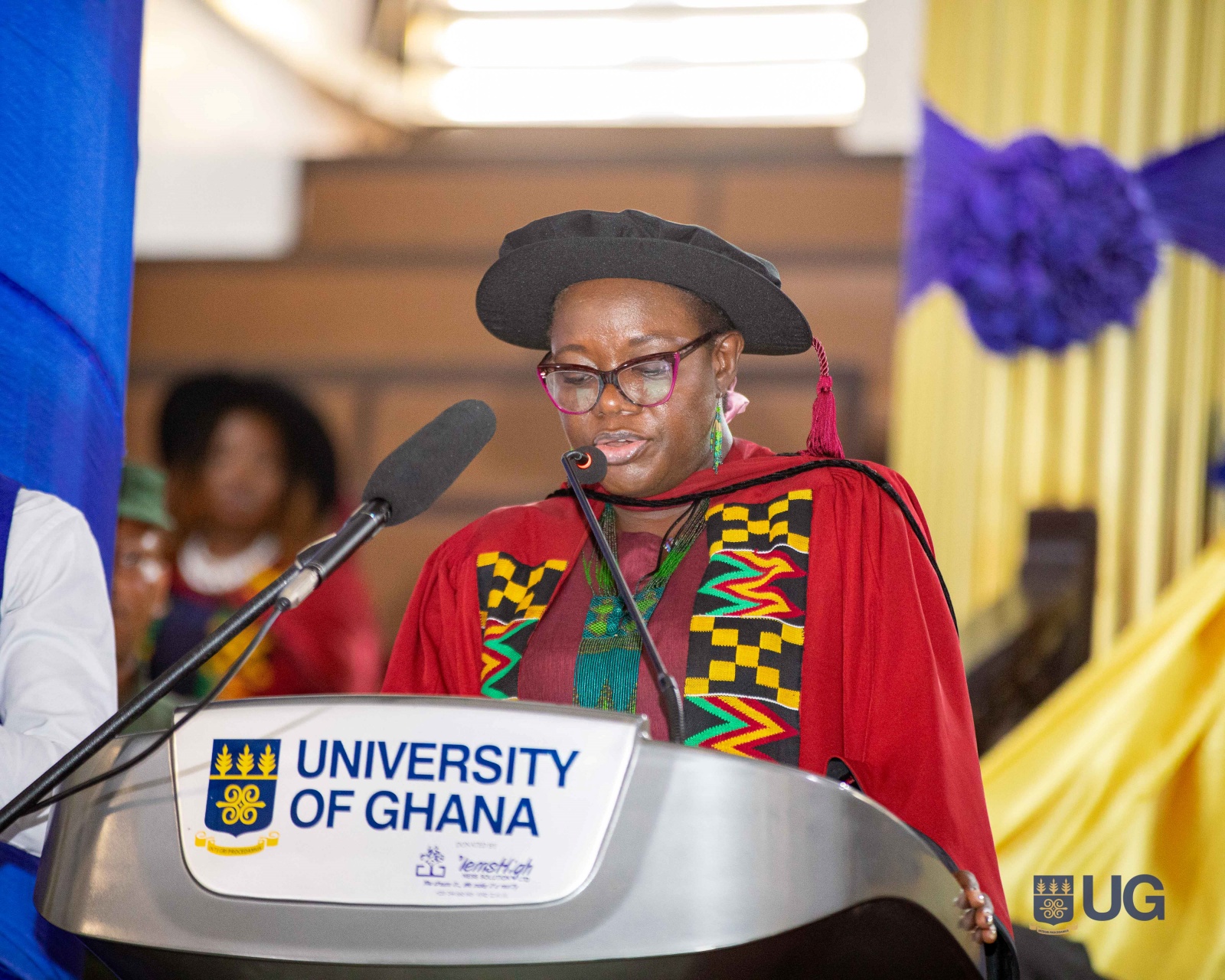
She described him as a distinguished scholar whose work bridges research, teaching, and consultancy. “This inaugural lecture provides a platform for the University of Ghana to recognise and celebrate the contribution of Professor Samuel Kwasi Dartey-Baah to academia and his impact on society through research, teaching and consultancy services in the field of Leadership and Organisational Development,” she noted.
Prof. Amfo also praised the depth and creativity of the lecture, highlighting how Prof. Dartey-Baah used powerful metaphors to communicate complex leadership ideas relevant to Ghana’s evolving context. “He uses the metaphor ‘Dancing in the Boardroom’ to illustrate leadership as a form of art, requiring rhythm, flexibility and cultural awareness, while ‘Leading with Groove’ connotes a leadership style that is fluid, emotionally resonant, and responsive,” she remarked.
The Vice-Chancellor expressed enthusiasm about the insights shared, adding that the lecture was timely and a valuable resource for leaders across sectors navigating the tension between tradition and transformation.
The College Registrar of the College of Humanities, Mr. Benedict Fosu Adjei, who is also Acting Registrar of the University, delivered remarks on behalf of the substantive Registrar, Mrs. Emelia Agyei-Mensah, at the event.
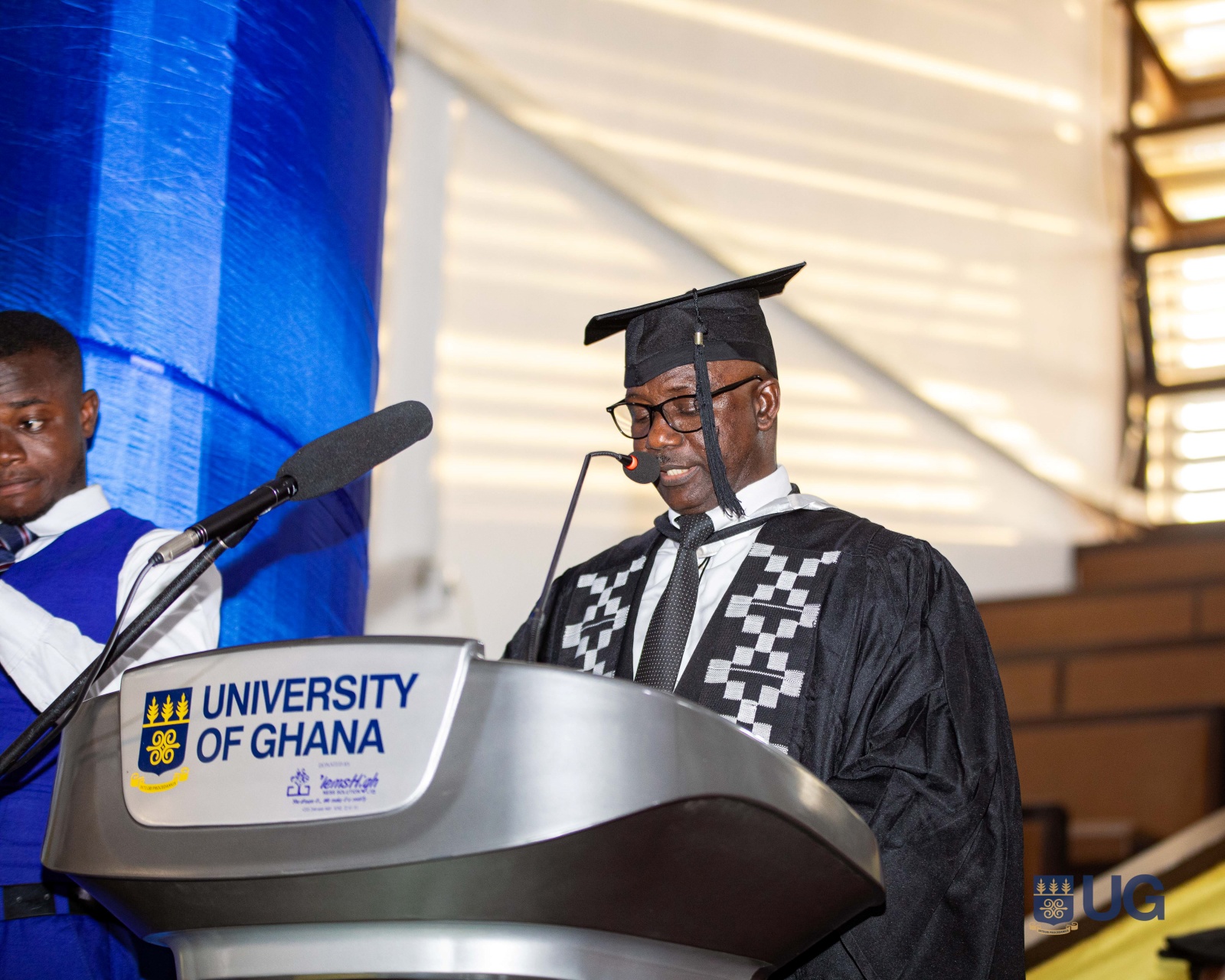
Mr. Fosu Adjei underscored the significance of inaugural lectures on the University’s calendar, noting that the lectures offer an important platform to celebrate and recognise the contributions of academics who have attained the rank of full professorship in service to the University.
The lecture ended with a standing ovation, as participants celebrated a scholar whose work bridges the past and future of leadership in Ghana, offering a model rooted in wisdom, empathy and strategic vision. He also received various presentations.
